Fasting is far more than skipping meals—it's a powerful wellness tool that activates your body's natural repair mechanisms. At Antioxi, we believe that education is key to transformation.
So let’s break down fasting in a way that’s science-backed, approachable, and directly useful to your health journey.
In this guide, you’ll learn how your body responds to different fasting intervals, what key metabolic shifts happen (like ketosis and autophagy), and how medicinal mushrooms like Lion's Mane, Reishi, and Cordyceps fit into your fasting routine.
What is Fasting?
Fasting is the voluntary abstention from food (and sometimes drink) for a specific period. It’s been practiced across cultures for centuries and is now widely used for metabolic health, mental clarity, weight management, and longevity.
Fasting Intervals and What Happens at Each Stage
Let’s break it down by hours. Each milestone triggers unique processes in your body:
⏳ 12 Hours: Blood Sugar Stabilisation & Early Fat Adaptation
- Insulin levels start to drop.
- The body shifts from glucose to fat as a primary energy source.
- Human Growth Hormone (HGH) begins to rise.
⏳ 16 Hours: Enhanced Fat Burning & Cellular Stress Resistance
- Ketone production begins as fat is broken down in the liver.
- You may enter a mild state of ketosis.
- Cells increase their resistance to stress and start minor repair processes.
⏳ 24 Hours: Autophagy Activation
- Autophagy kicks in—your body begins cellular cleanup, recycling old and damaged cells.
- Inflammation markers may reduce.
- Mental clarity often improves noticeably.
⏳ 36 Hours: Deeper Repair & Increased Ketone Levels
- Autophagy intensifies.
- Ketones become the primary energy source.
- Metabolism becomes more efficient at burning fat.
⏳ 48 Hours: Immune System Reset
- Stem cell production may begin.
- White blood cells regenerate.
- Insulin sensitivity improves significantly.
- Autophagy and cellular repair are still highly active.
Deeper Dive: Metabolic Changes During Fasting
Insulin Regulation and Fat Adaptation
Within the first 12 hours of fasting, insulin levels begin to drop, prompting the body to shift from using glucose to fat as its primary energy source. This transition enhances insulin sensitivity and initiates fat adaptation, where the body becomes more efficient at burning stored fat for energy. This metabolic switch not only supports weight management but also reduces inflammation and improves overall metabolic health .
Ketosis: The Fat-Burning State
As fasting extends beyond 16 hours, the body enters a state of ketosis. In this phase, the liver converts fatty acids into ketone bodies, which serve as an alternative energy source for the brain and muscles. Ketosis is associated with increased mental clarity, sustained energy levels, and enhanced fat loss. It's important to note that the onset of ketosis can vary based on individual factors such as activity level and carbohydrate intake.
Autophagy: Cellular Cleanup and Renewal
Around the 24-hour mark, the body initiates autophagy, a process where cells break down and recycle damaged components. This cellular cleanup is crucial for maintaining healthy cell function and has been linked to longevity and disease prevention. Prolonged fasting, especially beyond 36 hours, amplifies autophagy, promoting deeper cellular repair and regeneration .
Do Mushroom Extracts Break Your Fast?
A common question in the wellness world: Can you take mushroom extracts while fasting? The short answer: Most often, no, they don’t break your fast. Let’s unpack why.
When incorporating medicinal mushrooms like Lion’s mane, Reishi and Cordyceps, they can complement the body's natural processes without disrupting the fast.
Lion's Mane: Cognitive Enhancer
Lion's Mane is renowned for its neuroprotective properties. It stimulates the production of nerve growth factor (NGF), supporting brain health, memory, and focus. Incorporating Lion's Mane during fasting can enhance mental clarity and cognitive function .
Reishi: Stress Reduction and Immune Support
Reishi is an adaptogen known for its calming effects and immune-boosting properties. It helps the body adapt to stress and supports restful sleep, making it a valuable addition during fasting periods to maintain balance and well-being .
Cordyceps: Energy and Endurance
Cordyceps is celebrated for enhancing energy levels and physical performance. It improves oxygen utilization and increases ATP production, which can be particularly beneficial during fasting when energy levels might dip .
What Matters: Calories & Insulin Response
The goal during a fast is to avoid anything that triggers an insulin response or introduces significant calories. Most mushroom extracts, especially in capsule or powder form, contain minimal calories and do not significantly impact insulin levels.
However, it's essential to stay away from tinctures and be cautious of extracts that may contain added sugars, filler or biomass, as these could potentially break a fast.
|
Mushroom Extract |
Format |
Typical Calories |
Breaks Fast? |
Notes |
|
Lion’s Mane |
Capsule |
~2-5 kcal |
No |
May enhance focus during fasted states. |
|
Reishi |
Capsule |
~2-5 kcal |
No |
Supports stress response, may enhance autophagy. |
|
Cordyceps |
Capsule |
~2-5 kcal |
No |
Supports energy and oxygen use during exercise. |
Important: Avoid mushroom tinctures in high-alcohol or sugar-based carriers, which may break a fast depending on ingredients and volume.
❓FAQ: Your Fasting Questions, Answered
When does ketosis start during a fast?
Ketosis typically begins around 16-20 hours into a fast, though this varies by individual activity level and carb intake.
What liquids are allowed during fasting?
Water (still/sparkling), black coffee, herbal teas, and electrolyte drinks without sugar or calories.
Do black coffee, electrolytes, or supplements break a fast?
Black coffee and most electrolyte supplements (zero-calorie) do not break a fast. Capsules with inert fillers are usually fine.
Is fasting safe for beginners?
Yes, especially shorter fasts like 12-16 hours. Start slow and build up gradually.
How long should you fast for autophagy to start?
Autophagy typically begins around the 24-hour mark, becoming more significant after 36 hours.
Who shouldn’t fast?
People with the following conditions should consult a healthcare provider:
- Thyroid disorders (especially post-thyroidectomy)
- Diabetes or blood sugar issues
- Eating disorders
- Pregnancy or breastfeeding
- Those on medication that requires food
Final Thoughts
By understanding the intricate processes your body undergoes during fasting and the supportive role of medicinal mushrooms, you can optimize your health and wellness journey. Remember, individual experiences may vary, so it's essential to listen to your body and consult professionals when necessary.




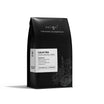





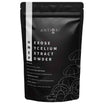

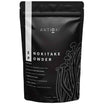






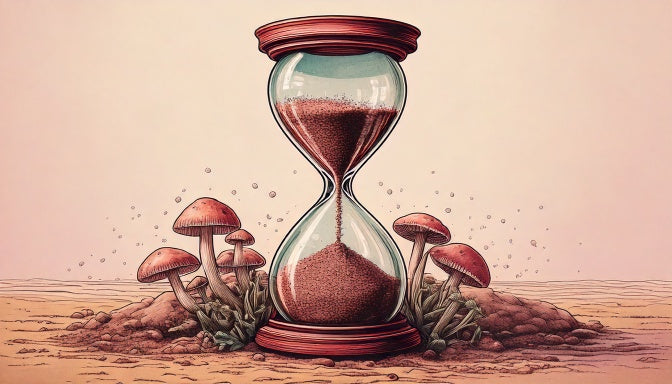
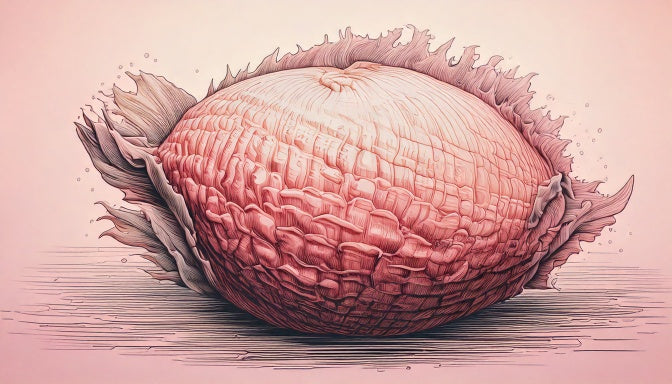
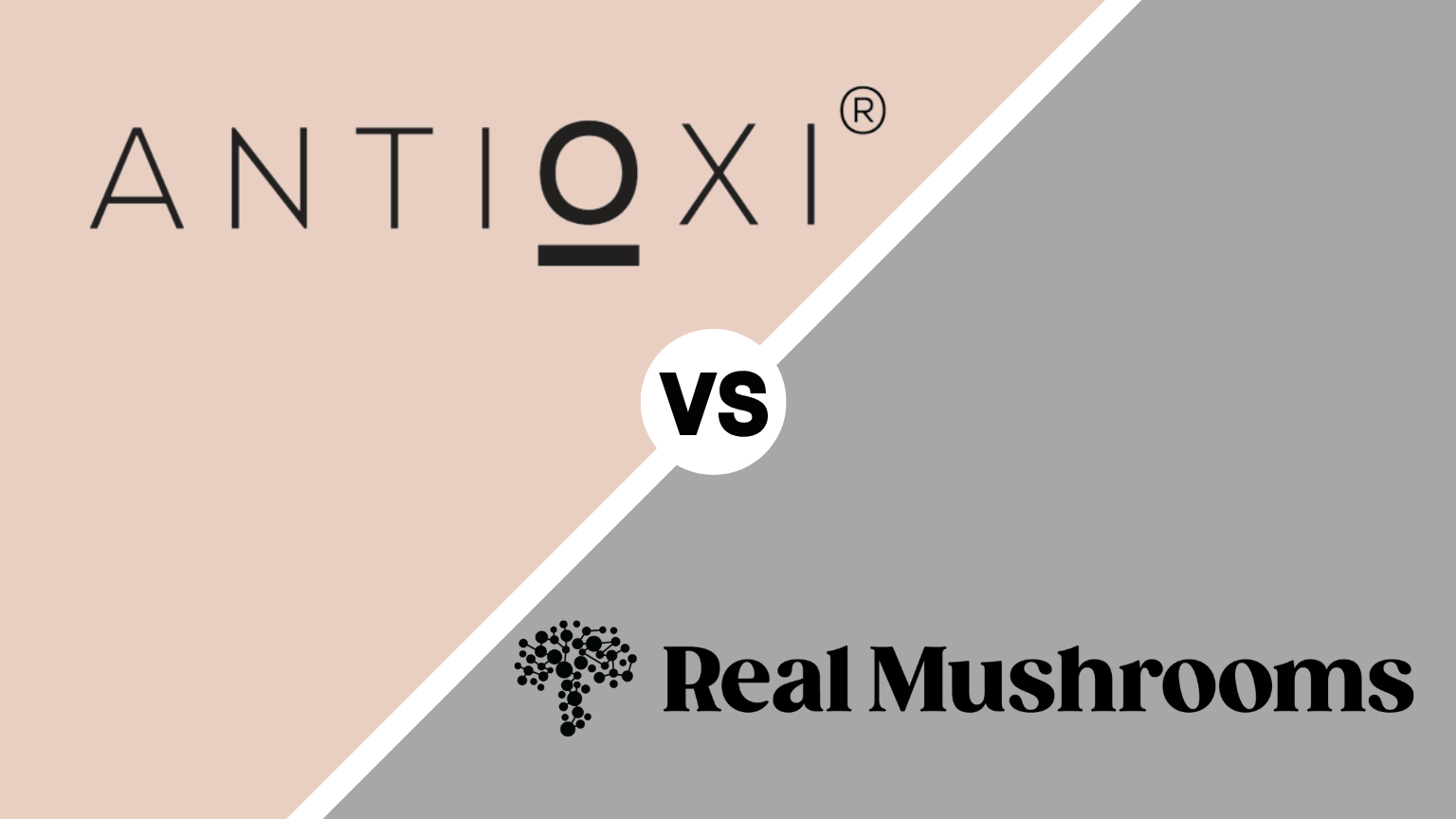
Leave a comment
All comments are moderated before being published.
This site is protected by hCaptcha and the hCaptcha Privacy Policy and Terms of Service apply.